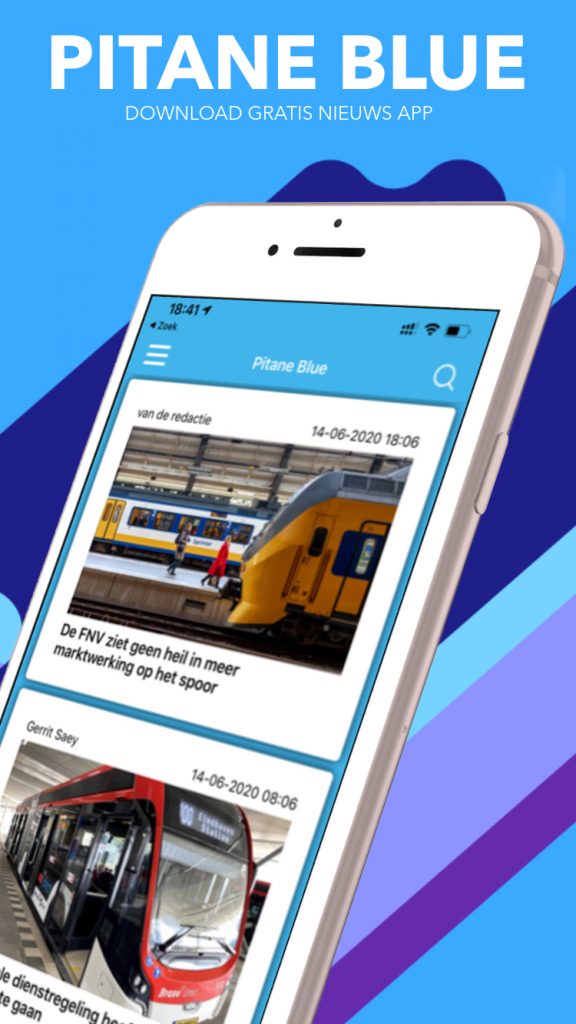Hardt Hyperloop is a company founded by a Delft student team that develops a hyperloop system in Europe. In 2016, the company won an international competition organized by Elon Musk under the name Delft Hyperloop. A hyperloop is a type of rail connection in a tube with low pressure and a magnet system. It contains a kind of cabin / capsule that moves at extremely high speeds, without the use of fuel.
It is said that you can travel from Amsterdam to Eindhoven in fifteen minutes. And so can reach speeds of 700 km per hour. The pipes can be built above or below the ground. The hyperloop has no CO2 emissions and consumes less energy per passenger than a train or plane and is entirely powered by renewable electricity.
“In the transition to a carbon neutral society, it is of great importance not only to improve existing means of transport, but also to look at alternative, innovative mobility solutions. This research shows that the hyperloop is a valuable addition to the transport landscape of the future. It forms the basis for the hyperloop to become a successful means of transport in the coming years. Partnerships, joint developments and public-private partnerships are essential to realize a breakthrough technology like this. We greatly appreciate Royal Schiphol Group's progressive approach to researching innovative solutions, such as the hyperloop, with the aim of becoming the most sustainable airport in the world, ”says Stefan Marges, lead researcher at Hardt Hyperloop.
Last week Schiphol Airport announced that they want to continue their collaboration with Hardt Hyperloop. The collaboration between Schiphol and Hardt hyperloop started in 2018. They want to continue researching a hyperloop connection together. The study shows that hyperloop Hardt will be able to transport approximately 2040 million passengers in 2050/12,5.
The expectation is that there will be insufficient capacity at Schiphol in 2040/2050 and that the demand for flying will not be met. The short-haul flights can be replaced by the hyperloop, the short-haul flights at Schiphol could then be replaced by long-haul flights. The study proposes a hyperloop network connecting Schiphol to major nearby airports in Germany, Belgium, France and the United Kingdom, which currently have direct connections.
Also read: TUI is adjusting its voucher policy for individual airline tickets



